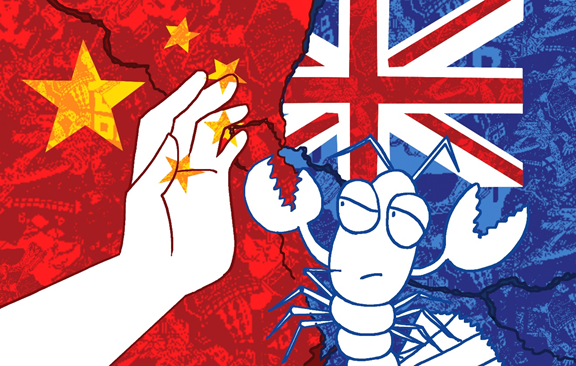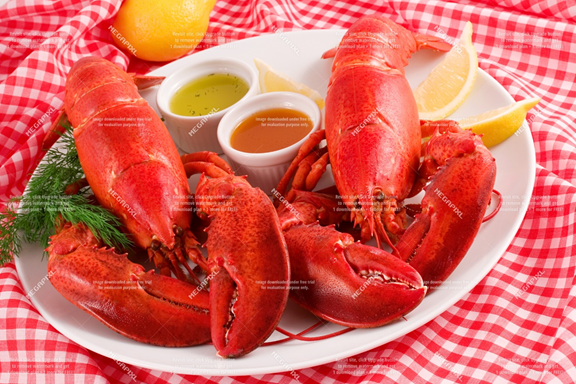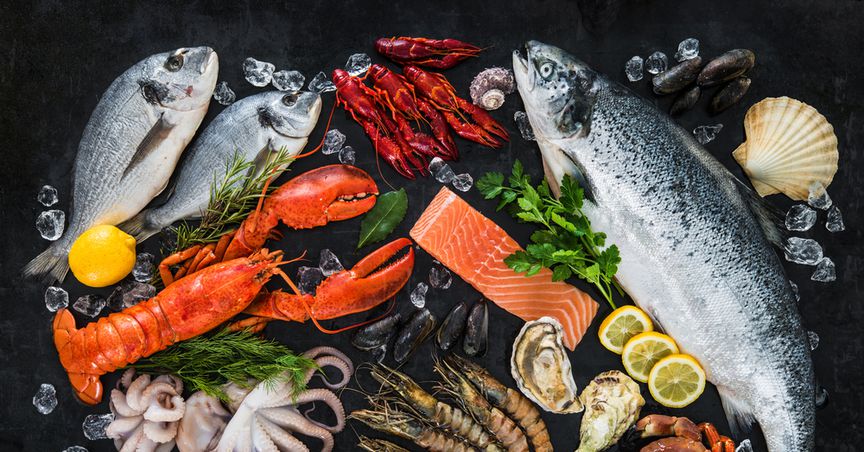Summary
- China has introduced new health and safety inspection procedures for Australian lobster imports due to concerns about traces of metal in the shellfish.
- The country delayed examinations of tonnes of lobsters at its airports, which could be as long as six days.
- Australian officials warned that novel procedures were not publicly acknowledged, hence they needed to reach to the bottom of the problem with Chinese authorities.
The China-Australia trade war has inflamed drastically over the past few months, adding the lobster industry to the pile of businesses in danger.
Earlier this month, large amounts of shellfish were stuck at the Chinese airports, souring the already vulnerable relationship between the two most significant trade partners.
Chinese officials have implemented new customs clearance procedures for imports, so the fresh lobsters were left waiting for the Chinese authorisation at the border. According to the Australian authorities, new measures were not publicly announced; hence Australian seafood exporters were not prepared for the surprising outcome.
As a consequence, some large lobster exporters have been warned to delay significant fishing for the shellfish. Namely, Western Australia-based Geraldton Fishermen’s Co-operative (GFC), which sells the majority of lobsters to China, has stopped catching lobsters after hearing the news that affected the whole industry.

Image Source: © Kalkine Group 2020
What did Australia have to say?
Australian Trade Minister Simon Birmingham has assured that the government was keenly resolving the problem, but that the justification for customs alterations was unknown. However, Mr Birmingham explained that any bias against Australian lobsters would mean a breach of the trade partnership.
Agriculture Minister David Littleproud joined the analysis, saying that China has been inspecting an estimated number of 50 to 100 per cent of Australian lobsters. The nation defended such action due to unfounded concerns about signs of metal in Australian lobsters.
In case these accusations prove to be discriminatory, the Australian government has threatened to raise the issue at the World Trade Organisation(WTO). Australia takes pride in complying with imposed trade rules and expects the same from its partners.
Were all lobsters subject to new tests?
Some experts explained the situation that was seen in early November – a small number of the imported shellfish was cleared at the Chinese border, but most lobsters needed additional inspection attention.
As more information about new procedures was yet to be revealed, the Seafood Trade Advisory Group (STAG) warned the fishers to stop lobster fishing until China announced more details.
Moreover, the institution added that Australia has always aimed at excellence in its products and will continue to obey any new health and safety practices for shellfish.

(Image Source: Megapixl)
Are there any major concerns?
Other related businesses have been anxious about the problem, as lobsters could quickly be spoilt if stopped for a long time at customs. They revealed how all lobsters that go to China are of premium quality, saying extra inspections are generally unnecessary.
For that reason, the lobster industry needs a quick examination offshore and should be all-cleared to be further delivered to restaurants and fish markets in China.
The Australian market depends immeasurably on China when it comes to lobster exports; therefore, it cannot afford to have significant difficulties with the Asian country. In case this situation recurs, Australian lobster exporters are worried about severe impacts that additional inspections could have.
On the other hand, some fishermen are confident the delays will be short-lived, and that Australia will be soon up and running with the rest of the trade partnership.
The Australian rock lobster business brought over A$750 million during 2018-19, as around 94 per cent of overall fishing was reserved for the offshore trade. Leading exporters are centred around Western and Southern Australia, but some businesses are also based out of Victoria and NSW.
With the lobster industry in soup, Australia’s trade war with China seems to have soured further as wine, barley, cotton, beef, and coal have already been affected by novel measures imposed by China.
RELATED:





